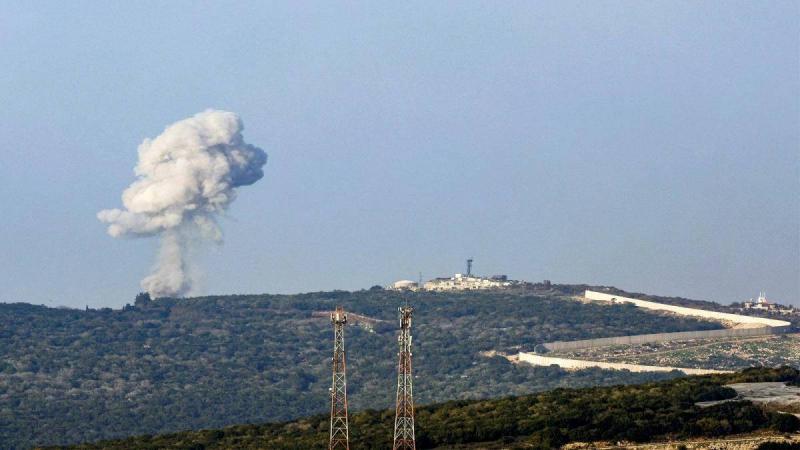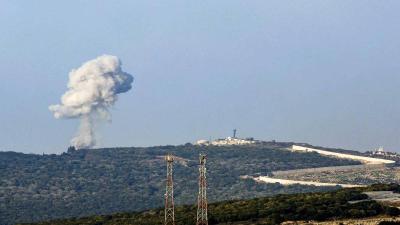In Lebanon, there have been hints toward calls for early parliamentary elections, while the volatile front in southern Lebanon between Hezbollah and Israel adds pressure to the presidential election process. This situation has increased the complexities of the internal political scene and has led to the suspension of all initiatives and mediations aimed at ending the 21-month vacancy in the presidency, including the mission of the "Five-Nation Committee," consisting of ambassadors from the United States, France, Saudi Arabia, Egypt, and Qatar.
A Lebanese source familiar with the communications related to this matter confirmed that "there is no discussion about the presidential file before a ceasefire between Hezbollah and Israel." The source told "Asharq Al-Awsat": "The support front for Gaza has imposed a new reality on the process." Additionally, the source indicated that while the previous condition of Hezbollah required the election of a president who protects the resistance, there are discussions behind the scenes about linking the presidential elections to the reconstruction of the south and the rebuilding of villages destroyed by Israel.
It was striking to observe the diminishing role of the "Five-Nation Committee" in advancing the electoral process and ending the presidential vacancy, which is approaching its second year. A source in the committee clarified that "the committee has not halted its mission." He said to "Asharq Al-Awsat": "Neither the five-nation committee nor its member countries elect a president for Lebanon; all they do is close the gaps between political forces and break the existing stalemate, leading to the election of a president agreed upon by the parties, so that his term receives Arab and international support that enables him to succeed and transfer the country to a stage of stability and prosperity."
The source added that "the more the committee succeeds in bringing the views closer regarding the candidate's specifications, the more it is surprised by complications from outside the calculations; thus, it has become closer to the conviction that the solution is larger than the Lebanese capacity for mutual agreement, and that there are external factors controlling their options."
The opposition, represented by the Kataeb Party, the Lebanese Forces, and independent deputies, rejected the invitation from the Speaker of the Parliament, Nabih Berri, for seven days of dialogue to agree on the name of the president or candidates, followed by multiple rounds of voting. They attributed their rejection to "not establishing dialogue as an existing norm before every entitlement, which leads to obstructing the constitution," while both the Progressive Socialist Party, led by Taymour Jumblatt, and the Free Patriotic Movement, led by Gebran Bassil, supported the principle of dialogue.
Member of the "National Moderation" bloc, Deputy Walid Al-Ba'arini, stated that "the horizon has become blocked regarding the presidential elections, in the absence of any common ground among the parties controlling the process." Al-Ba'arini noted in a statement to "Asharq Al-Awsat" that the bloc "has not cut off communication with the political forces and parliamentary blocks to shape a common vision for the solution, and it is also in constant contact with members of the five-nation committee in Lebanon to look for exits leading to resolving the existing obstacles."
Al-Ba'arini revealed that "there is a direction within the 'National Moderation' bloc to develop its previous initiative and discuss its items with the 'Five-Nation Committee' before presenting it to the other parties." He considered that the current parliament is incapable of electing a president, affirming that "the matters are complicated, and it is impossible to market any new initiatives or ideas before calm returns to southern Lebanon, but we must create a ground for the solution that will be prepared for discussion after a ceasefire between Lebanon and Israel," according to "Asharq Al-Awsat."




